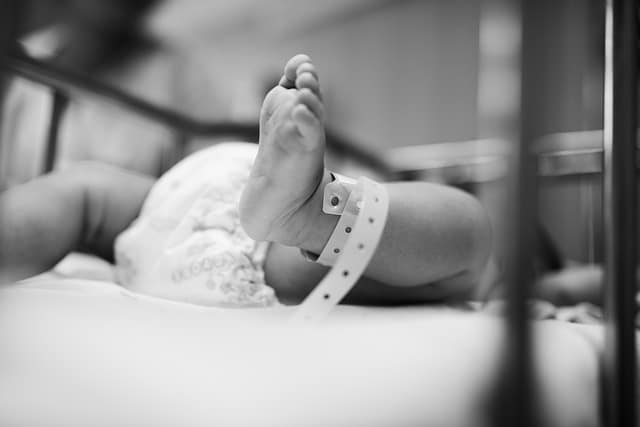This question comes up a lot for new mums. But how do you know if it’s post natal depression or part of the adjustment to motherhood?
It’s a confusing one. You are possibly dealing with pretty significant hormonal changes, lack of sleep, sometimes recovering from a difficult birth, changes to your relationship and sometimes a baby who just can’t seem to settle.
As you try to work it out, you might struggle to remember the last time you really laughed or looked forward to the day. And it’s hard to work it out for yourself when your mind feels foggy from lack of quality sleep.
It takes time to adjust to being a parent and the first year in particular is a roller coaster of ups and downs, so try not to be too hard on yourself. I’m sure you’ve heard that sleep deprivation is a form of torture..
When health professionals are assessing for post natal depression, or perinatal depression (pregnancy and the year following birth), they often use the Edinburgh Postnatal Depression Scale (EPDS). This is a set of 10 questions which ask about how you are feeling and then rate this in terms of low/medium/high severity.
It’s not unlike assessing for ‘regular’ depression, where the impact on daily life is looked at, how much is it interfering, can some of what the person is feeling be related to their situation, and how are they coping.
You can try it here, via Beyondblue:
Remember that tools like these do not diagnose you, they are a general guide to assist you in the next step to staying well. Please always talk to a mental health professional.

